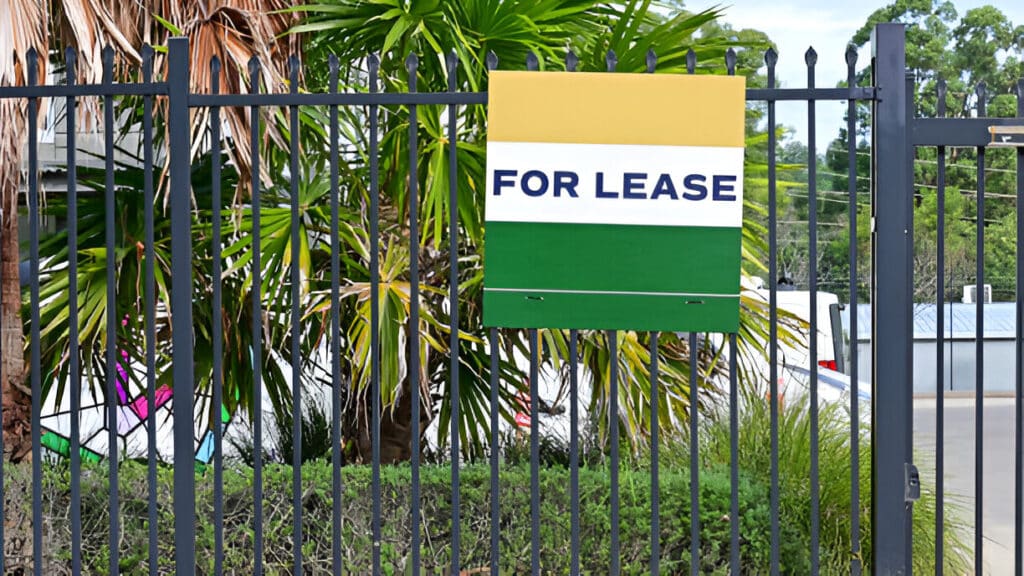There are a lot of surprises associated with property ownership, and not all of them are good. Title insurance in Australia helps shield homeowners from financial or legal problems related to the title of their property. Unexpected issues like ownership conflicts, past-due council fees, or mistakes in public records are covered.
Title insurance addresses legal hazards affecting ownership, as opposed to home insurance, which covers physical damage. Although it is not legally necessary, it provides comfort, particularly for individuals making real estate investments or purchasing a home.
A one-time premium ensures coverage for as long as the owner holds the property.
Common Risks Covered
Legal or financial surprises involving property titles can be expensive. Title insurance helps offset hazards that might not show up until after purchase.
Some common issues include:
- Fraud or Forgery. Stolen identities or forged documents can lead to ownership disputes.
- Easements & Encroachments. A neighbour’s fence or driveway may cross into your land.
- Council & Zoning Issues. Unapproved structures built by previous owners could result in costly penalties.
- Unpaid Rates & Taxes. A property may come with lingering debts from the past owner.
If refinancing your property, title insurance can also provide protection against certain legal risks associated with the new mortgage.
Benefits of Title Insurance for Property Owners
A single legal issue can quickly turn into a costly problem. Title insurance helps to cover legal fees and compensation costs in the event of ownership disputes or unexpected claims. It also streamlines real estate transactions by lowering risks for both buyers and lenders. For investors, it can protect against lost rental income due to title flaws.
In addition to financial security, possessing coverage guarantees that property owner obligations are fulfilled without undue worry. Policyholders receive professional aid from the insurer rather than confronting legal battles independently. This protection persists for the duration of the owner’s possession of the property, establishing a long-term safeguard.
When and How to Assess If Title Insurance Is Necessary
Although it’s not always necessary, title insurance can occasionally be a smart investment when buying a home. When purchasing from a deceased estate, off-market sales, or older houses, it is very helpful. If council records are unclear or the property has undergone extensive renovations, hidden title defects may exist.
When considering title insurance, check for potential risks. Reviewing property records, survey reports, and council approvals can reveal issues that may not be obvious at first glance. Buyers should also ask conveyancers or legal professionals if there are any red flags in the property’s history. If any concerns arise, insurance can provide an extra layer of protection.
How to Choose a Title Insurance Provider
Title insurance policies do not all provide the same extent of coverage. A good provider should have a simple claims process and responsive customer support. A locally based team can make handling claims easier. Financial backing is also important—an insurer with a strong parent company offers greater reliability.
Industry recognition is another factor to consider. Providers affiliated with professional associations typically possess greater credibility. Additionally, it is beneficial to examine case studies of prior claims. Examining actual instances of an insurer’s prior coverage of policyholders provides insight into their dependability. Evaluating coverage specifics, exclusions, and claim limits guarantees the policy meets particular property requirements.
For expert guidance on protecting your property, reach out to First Title and explore your title insurance options today.


